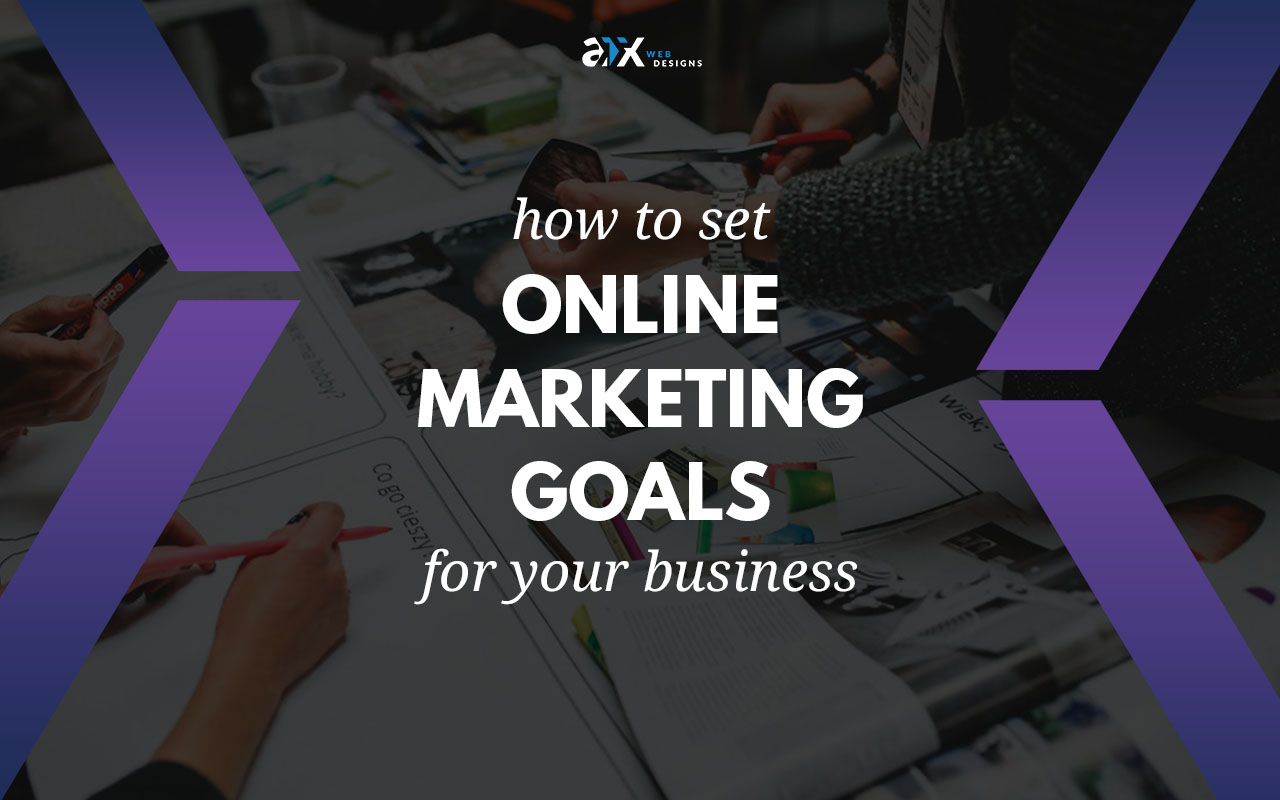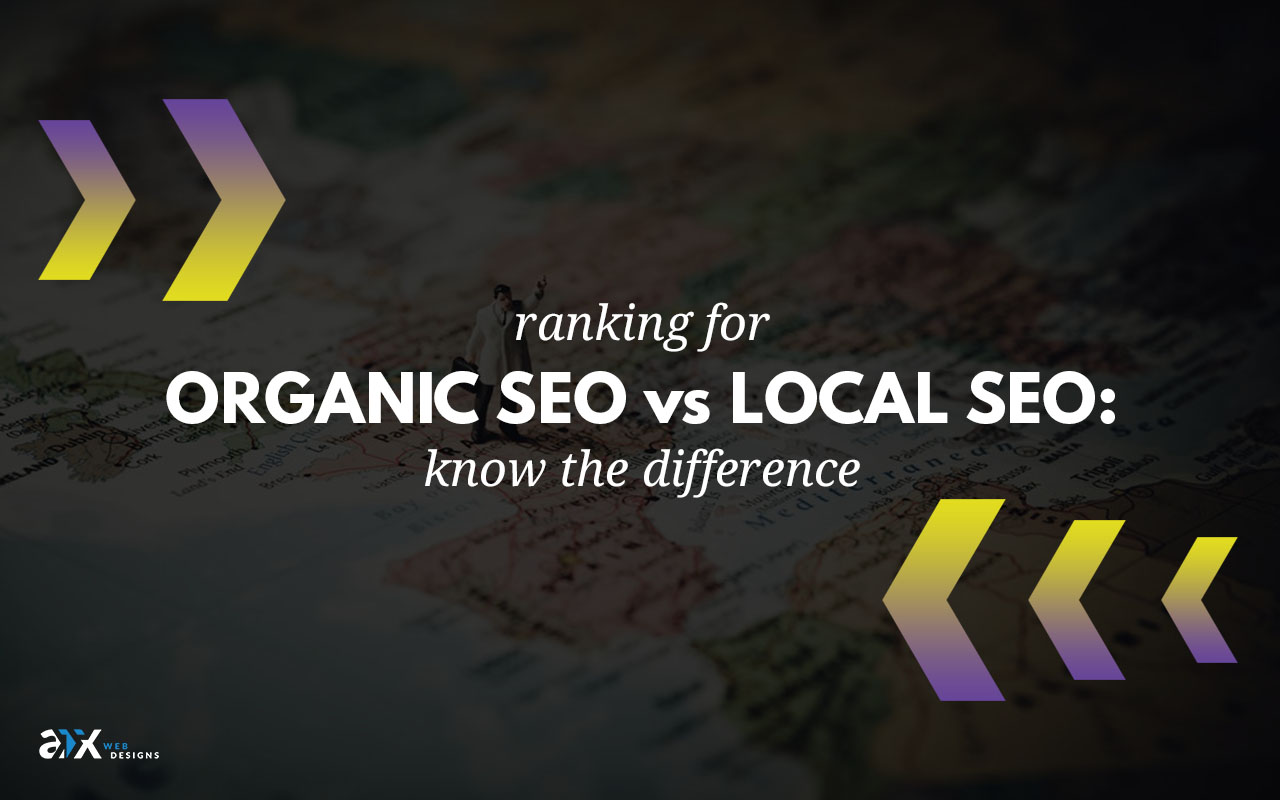Yes, so you have come up with the brilliant idea of a new software, a business solution or an innovative product that no one else has thought about and you are now thinking how to go about creating your own startup business. How do you get your idea off the ground? How do you tell people about this new exciting idea when you really don’t have the money to do so?
The mistake many start-up owners make when working on a tight budget is that thinking that they have to slice their budget. Most often, they believe that if anything needs cutting, it has to be the marketing expenses. But this is not the only option.
Yes, it is an established fact that the traditional way of advertising is costly and very hard to measure. However, your small business can survive on a tight budget, even with so many other successful and established players in the market.
All you need to do is utilize low-cost or free platforms to influence enthusiasm around your idea. Use your time and that of your initial employees to generate that enthusiasm. Many small start-ups have learned to combine Social Media and Email Marketing to push their business forward and you can do the same.
In this article are ten effective marketing strategies that you can use to help you push your business forward even when you are working with a limited budget.
- Create an elevator pitch
Marketing should be constant – make marketing your goal anywhere you are. That’s why it is so important to have a winning elevator pitch.
Research has shown that an adult has an average attention span of 6-8 seconds. Only just 6-8 seconds you have to hold someone’s attention. Once you engage them, you have only a limited time to sell them your product or service. Spend your time creating an appealing elevator pitch. This will allow your business to benefit greatly leading to a massive growth in business opportunities.
- Influence your community
Your community plays a crucial role in your marketing strategy. Find out what’s happening in your community. Sponsor a community event such as a 10k walk /run or a Little League team. Why not print some bookmarkers and place them at the library in your area? Check out your ideal customers and find out where they spend most of their time and what they love doing.
Now you are in a position to look for ways to get your marketing message in front of your customers.
- Join forces
Why not join forces with other supportive, non-competitive businesses in your area and cross-promote? Use fliers, coupons, social media platforms, bundled promotions or shared website links to promote your business. Teaming up with other companies will help you reach more people and so will lead to an increased customer base.
- Network
Networking is a great way to promote your business. It allows you to get out there, meet people, and get to know them. Networking does not provide immediate gratification because it needs time and commitment but if you build a strong one; your business will be heading in the right direction.
- Engage in public speaking
Many persons shy away from public speaking. Numerous organizations need persons who are qualified and competent in relevant subject matter to make presentations to their groups. Why not ditch your fear and volunteer? You don’t have to be an expert to speak, you just need to share information that is relevant to the audience. What are the benefits? You gain confidence the more often you speak, while at the same time you are building your credibility as an authority in your field.
- Create buzz
Create your own buzz. You can get a lot done without contracting the services of a professional company. Resources such as Help a Reporter Out are available. Check out and respond to queries made by reporters who need resources and story ideas. While a few are small media prospects, others are large media outlets that use the services. In time, your brand will create its own buzz.
- Ask for referrals
Referrals make it easy for new customers to get in. Many people are eager to provide referrals if you ask them to, but some will never do it on their own. Don’t miss out on the opportunities by not asking for them. Promote your brand by asking your customers for referrals!
- Build relationships
Building relationships is great for your business. It is crucial that you establish strong relationships with your customers and email marketing is the ideal way to do this.
When you ask customers for their email addresses whenever they visit your website or store, you are creating the way to communicate with them. Just provide useful, informative and professional communications that will make them want to keep doing business with you.
.9. Give out coupons
Coupons are great for attracting new customers. Research has shown that many people will use coupons to stretch their spending dollar. Then why not use this method to expand your customer base? They are great for generating return visits, especially when you give them as incentives to use on future purchases.
- Offer give-a-ways
Giving out samples or free trials is another way of increasing your presence in the market. People these days are more likely to buy a product or service they have tried before. Therefore, provide the opportunity for people to experience your goods or services.
Conclusion
Your start-up doesn’t have to fail because you have a limited budget. By using the ten listed low-cost marketing strategies you will be able to engage your customers, build relationships, and eventually keep your product/service on top.
When you need to utilize effective marketing strategies to grow your business money is not necessarily the key factor. What really matters is the time and effort you are willing to spend to make your business successful, but most importantly, is the relevancy that all this has for your customers.







